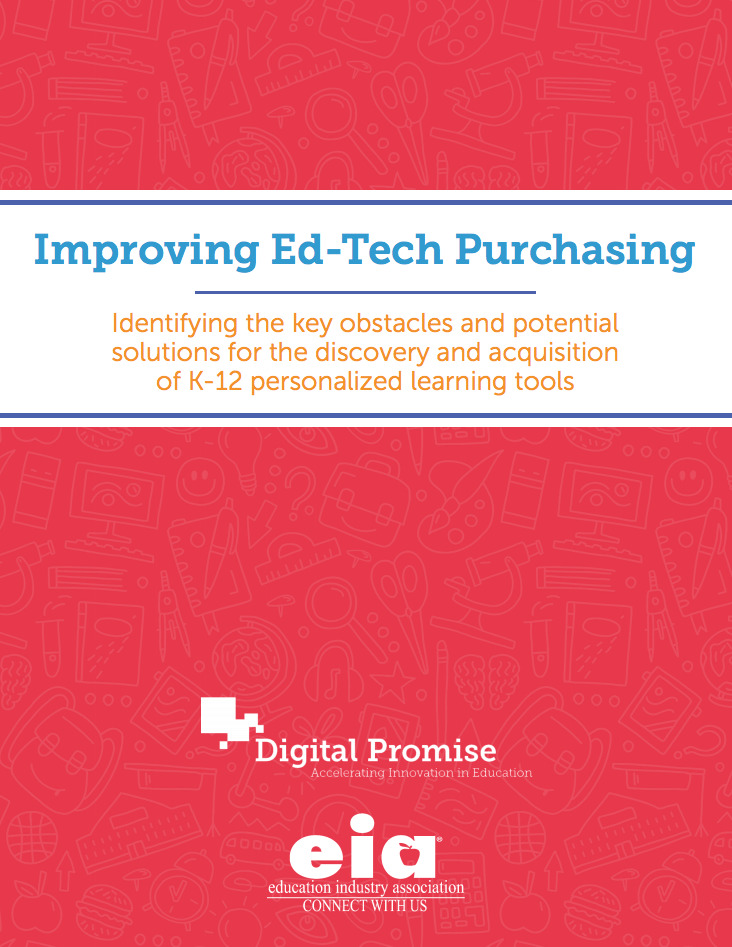

Seven key recommendations emerged, including the need for: 1) better guidelines for conducting needs assessments, and including end users in the process; 2) faster methods of evaluating products, and ways of sharing results; 3) simplified Request for Proposal (RFP) processes; 4) more rigorous pilot approaches that do not overburden teachers, 5) incentives for providers to get results and show evidence; 6) websites with trusted information about ed-tech tools and district procurement policies, and better ways to match providers with educators; and 7) more research about funding strategies for acquiring ed-tech products.
 Download file:
Download file: